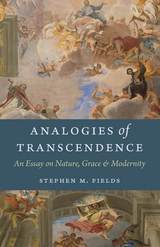
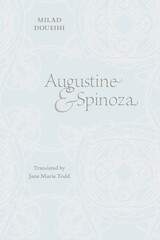
Election and grace are two key concepts that not only have shaped the relations between Judaism and Christianity, but also have formed a cornerstone of the Western philosophical discourse on the evolution and progress of humanity. Though Augustine and Spinoza can be shown to share a methodological approach to these concepts, their conclusions remain radically different. For the Church Father Augustine, grace defines human nature by the potential availability of divine intervention, thus setting the stage for the institutional and political legitimacy of the Church, the Christian state, and its justice. For Spinoza, on the other hand, election represents a unique but local form of divine intervention, marked by geography and historical context.
Milad Doueihi maps out the consequences of such an encounter between these two thinkers in terms of their philosophical heritage and its continued relevance for contemporary discussions of religious diversity and autonomy.
Augustine asserts a theological foundation for the political, whereas Spinoza radically separates philosophy, and thus authority, from theology in order to solicit a political democracy. In this sharply argued and deeply learned book, Milad Doueihi shows us how interconnections between the two thinkers have come to shape Western philosophy.
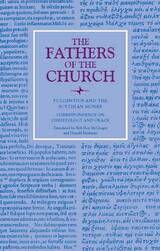
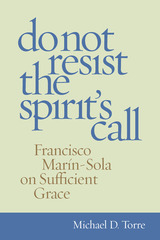
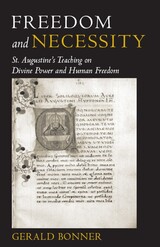
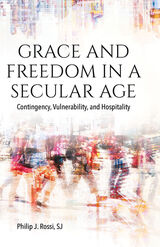
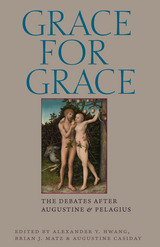

These are Bledsoe’s gripping tales of fending off wolves in Alaska, encountering UFOs in the Colorado Desert, and searching for mountain lions in Berkeley. Her memorable story “The Breath of Seals” takes readers to Antarctica, the wildest continent on earth, where she camped out with geologists, biologists, and astrophysicists. These fresh and deeply personal narratives remind us what it means to be simply one member of one species, trying to find food and shelter—and moments of grace—on our planet.

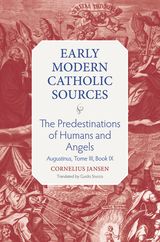
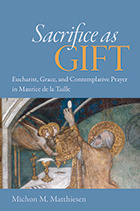
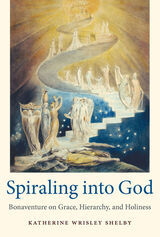
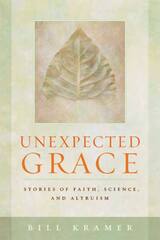
In Unexpected Grace Bill Kramer offers a rare look into the human side of the world of scientific research. He goes behind the scenes of four scientific investigations on diverse aspects of the study of unlimited love and offers uplifting portraits of human beings struggling to understand and improve the complex issues facing them. He explores the dynamics between the researchers, the subjects they study, and the participants in the studies, and eloquently tells their personal stories. The stories touch on vastly different social and human issues, but all are connected by love.
The third study, from Case Western Reserve University in Cleveland, focused on the benefits of religion on mental and physical health, which led its researcher to a greater understanding of forgiveness, humility, and grace. The final powerful story is about a physiology of love study conducted in Iowa City. Here, a functional MRI is the vehicle for measuring empathy and brings the researcher to wonder, "Is there a point at which empathy shuts down and we turn away?" Ultimately she comes to recognize that past experiences influences our ability to respond emphatically.

Organized as a companion volume to Karl Rahner's master work, Foundations of Christian Faith, this book, now again available, also provides the most useful introduction to his theology as a whole. Each chapter presents a broad commentary on the corresponding chapter of Foundations, beginning with Rahner's method and anthropology and concluding with his theology of the church and eschatology. It includes a separate chapter on Rahner's moral thought. Valuable for classroom or individual use, this volume provides questions for discussion, suggestions for further reading, and an extensive glossary of specialized terminology.
READERS
Browse our collection.
PUBLISHERS
See BiblioVault's publisher services.
STUDENT SERVICES
Files for college accessibility offices.
UChicago Accessibility Resources
home | accessibility | search | about | contact us
BiblioVault ® 2001 - 2024
The University of Chicago Press









